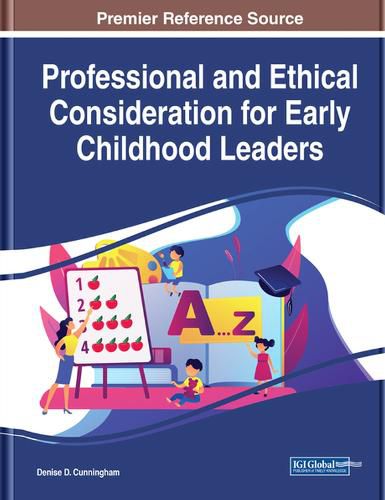Readings Newsletter
Become a Readings Member to make your shopping experience even easier.
Sign in or sign up for free!
You’re not far away from qualifying for FREE standard shipping within Australia
You’ve qualified for FREE standard shipping within Australia
The cart is loading…






This title is printed to order. This book may have been self-published. If so, we cannot guarantee the quality of the content. In the main most books will have gone through the editing process however some may not. We therefore suggest that you be aware of this before ordering this book. If in doubt check either the author or publisher’s details as we are unable to accept any returns unless they are faulty. Please contact us if you have any questions.
Early childhood educators are keenly aware of the importance of a child’s transition to
real school.
This transition is occurring earlier in a child’s life now that school districts nationwide are moving to pre-kindergarten experiences for 3- and 4-year olds. Annually, more than one million children attend public school pre-k programs overseen by elementary school principals who, although veteran educational leaders, were not trained to oversee these programs. Although pre-k classrooms are rapidly growing and deserve special attention, school leaders must be reminded that early childhood means more than pre-kindergarten; it extends through third grade. School leadership needs to understand the principles of early childhood education to effectively support all children age three to grade three.
Professional and Ethical Consideration for Early Childhood Leaders is a collection of innovative research that crafts an overall understanding of the importance of early childhood leadership in today’s schools. The book employs strategies to improve support for children in early childhood years, examines the different roles of early childhood leadership, analyzes best practices for implementation in early childhood contexts, and explores improvements for leadership preparation for schools with pre-k through third-grade children. While highlighting a wide range of topics including advocacy, cultural responses, and professional development, this publication is ideally designed for educators, administrators, principals, early childhood development teachers, daycare instructors, curriculum developers, advocates, researchers, academicians, and students.
$9.00 standard shipping within Australia
FREE standard shipping within Australia for orders over $100.00
Express & International shipping calculated at checkout
This title is printed to order. This book may have been self-published. If so, we cannot guarantee the quality of the content. In the main most books will have gone through the editing process however some may not. We therefore suggest that you be aware of this before ordering this book. If in doubt check either the author or publisher’s details as we are unable to accept any returns unless they are faulty. Please contact us if you have any questions.
Early childhood educators are keenly aware of the importance of a child’s transition to
real school.
This transition is occurring earlier in a child’s life now that school districts nationwide are moving to pre-kindergarten experiences for 3- and 4-year olds. Annually, more than one million children attend public school pre-k programs overseen by elementary school principals who, although veteran educational leaders, were not trained to oversee these programs. Although pre-k classrooms are rapidly growing and deserve special attention, school leaders must be reminded that early childhood means more than pre-kindergarten; it extends through third grade. School leadership needs to understand the principles of early childhood education to effectively support all children age three to grade three.
Professional and Ethical Consideration for Early Childhood Leaders is a collection of innovative research that crafts an overall understanding of the importance of early childhood leadership in today’s schools. The book employs strategies to improve support for children in early childhood years, examines the different roles of early childhood leadership, analyzes best practices for implementation in early childhood contexts, and explores improvements for leadership preparation for schools with pre-k through third-grade children. While highlighting a wide range of topics including advocacy, cultural responses, and professional development, this publication is ideally designed for educators, administrators, principals, early childhood development teachers, daycare instructors, curriculum developers, advocates, researchers, academicians, and students.